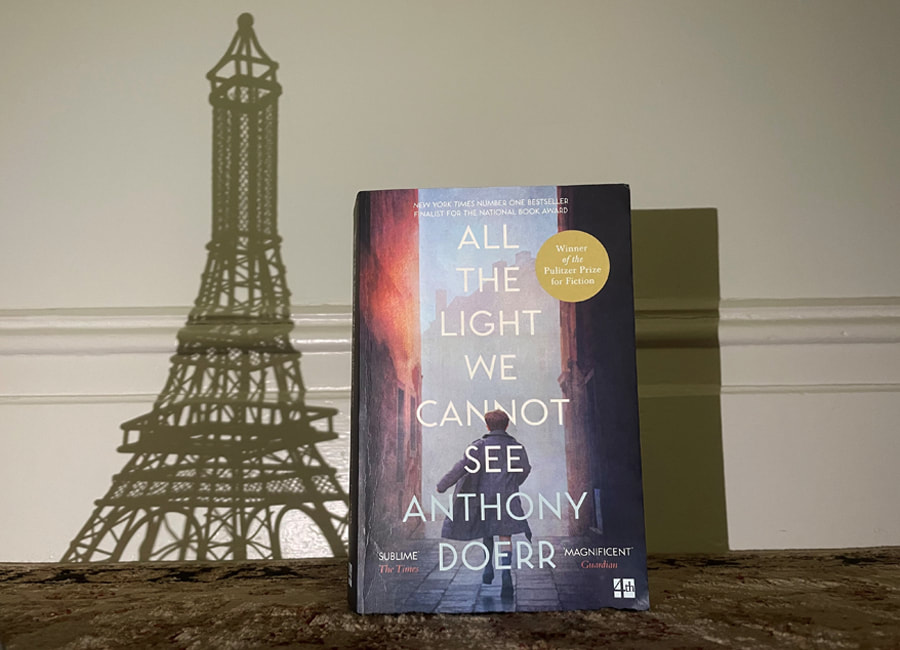|
What an imagination Anthony Doerr has.
Despite so many stories already told about life during World War II, his Pulitzer Prize winning 2014 novel All The Light We Cannot See offers a unique take on the small triumphs scattered among the tragedies experienced during the great war. With his signature intricate precision, Doerr traces the lives of a girl growing up in the French capital, Paris, Marie-Laure LeBlanc, and a boy 300 miles away in a German mining town near Essen, Werner Pfennig, as their two countries rumble into conflict. While it feels inevitable at the novel’s outset that the two children’s paths will collide, the journey to get there is as captivating and uplifting as it is traumatising. Intriguingly, the core of the plot weaves around two very distinct objects – a transistor radio and a valuable jewel – which become the conduits for many of Doerr’s sensitively shaped metaphors. Marie-Laure, who is blind, lives with her father, a master locksmith at the grand Museum of Natural History. When the Nazi’s occupy Paris, they flee to the ancient French port town of Saint-Malo, where they’re taken in by Mari-Laure’s great uncle. Werner, who lives in a children’s orphanage, develops a knack for repairing radios, earning him entry to a brutal academy for Hitler Youth. His mechanical genius, so crucial to the German forces’ advances, sees him placed on special assignments across many war zones, including Saint-Malo. In their own inimitable ways, both of these young protagonists are forced to develop tenacity and resolve well beyond their years, instinctively turning to small acts of rebellion in their attempts to find the light in the darkness of war. This is a magnificent, well researched and beautifully constructed story. Exquisite sensory detail permeates Doerr’s narrative. You can almost feel the intricate grooves of the wooden miniature model of the city built by Marie-Laure’s father to help her navigate her neighbourhood. You can hear the static in the transmission as Werner becomes transfixed when his crude first radio catches a foreign voice floating it into his attic bedroom. Doerr adds another dimension as he interweaves the protagonists’ dual perspectives, traversing back and forth in time, while staying true to historical events, including the devastating Battle of Saint-Malo in which most of the historic town was destroyed. Meanwhile, overlaying this imaginative storyline, Doerr provides a subtle exploration of humanity’s big, hairy contradictions, such as our capacity for such cruelty and kindness; the inevitability and futility of war; the high value placed on objects over life; and the capacity for technology to both improve and destroy lives. Just as I was captivated by Doerr’s epic recent novel Cloud Cuckoo Land, this is a novel I’m unlikely to forget. Comments are closed.
|
Categories
All
Archives
May 2024
|

